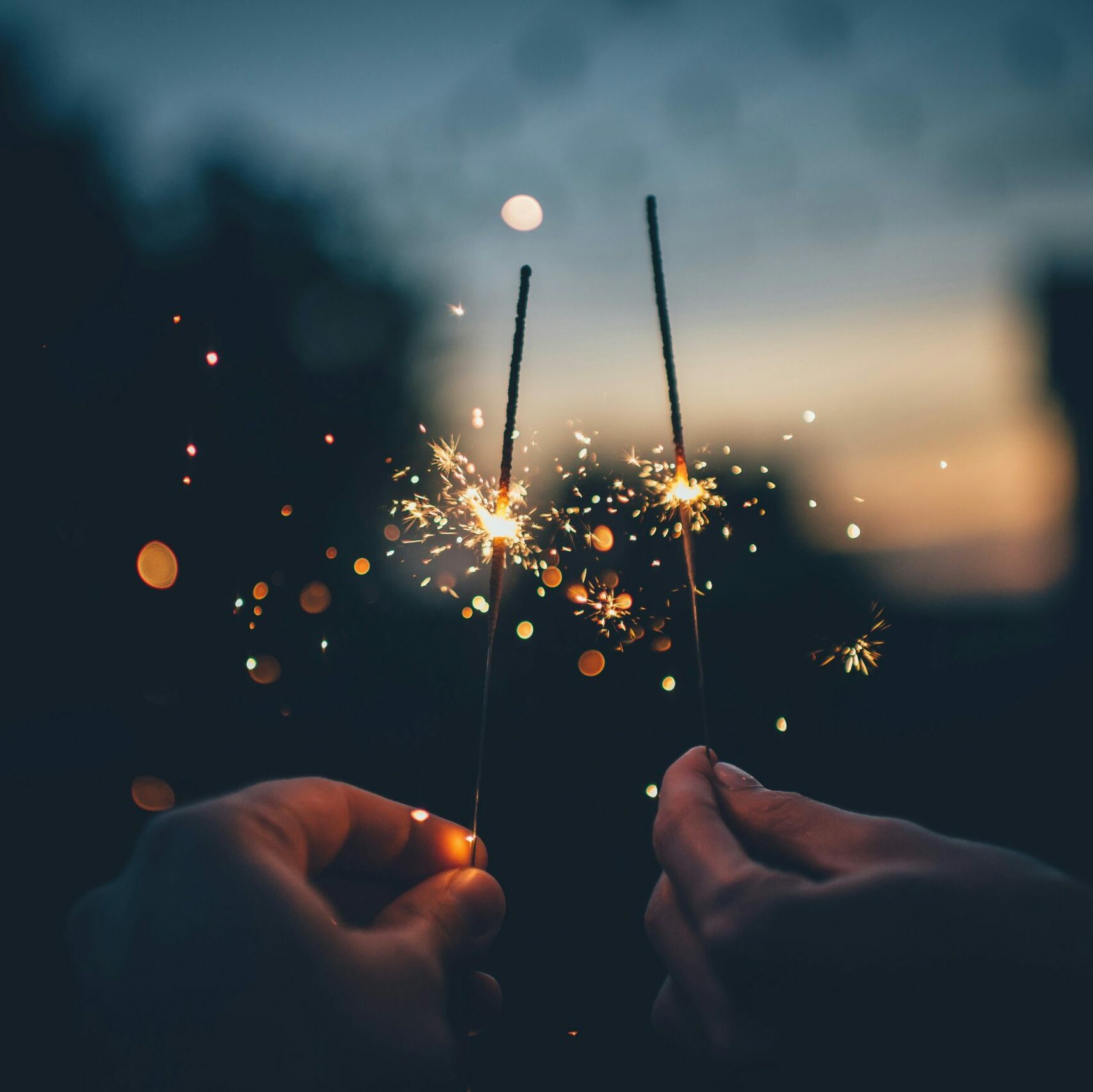Mutual attraction is something you eventually want to share in a dating relationship, but but how important is chemistry at first… and in the long run?
Truth is, focusing on chemistry can keep you from making important discoveries about your date. We point out just four of them in the LoveEd video above.
Let’s Talk about Chemistry
 If you aren’t crazy about someone you’ve been dating for a couple months, that’s a good sign they’re probably not right for you. All the more so if they’ve clearly declared their deep and abiding romantic interest in you, while you’re like “Meh,” or worse, “Ew!”
If you aren’t crazy about someone you’ve been dating for a couple months, that’s a good sign they’re probably not right for you. All the more so if they’ve clearly declared their deep and abiding romantic interest in you, while you’re like “Meh,” or worse, “Ew!”
At the very least it would indicate the time is not right to move forward with a dating relationship. I know you don’t want to break their heart, but you also want to embrace the truth. And the truth is, no healthy human being wants to be in a dating relationship where their partner isn’t as emotionally invested as they are.
This reality goes both ways, so if you aren’t sure how someone feels about you after a couple months of dating, you can safely assume they’re not that into you. All the more so if you’ve made your passions impossible to miss.
Perhaps they’ll wake up someday and realize you are the cat’s meow. But believe it or not, they’re more likely to realize that after you’ve backed away from a dating relationship and they’ve had a chance to experience life without your constant attention, than they are if you’re continually at their feet like a dog begging for table scraps of love.
Why We Worship Chemistry
The sequence of the DTP [Define The Person] talks in this chapter is not necessarily in order of importance. Even still, there’s a reason chemistry didn’t even make the Top 5, while chemistry often seems to be #1 on everyone else’s list of things to confirm in a dating relationship.
Why do we seem to literally worship chemistry? The most obvious reason: it’s the one characteristic unique to a dating relationship.
Great relationships of all sorts and sizes are characterized by sharing common interests, core identity, values, convictions, compatibility, and calling, while at the same time not sharing romantic interest.
So it’s easy to see how this unique characteristic becomes the only one that receives significant consideration as people date.
Moreover, sharing romantic chemistry makes sharing common interests or values seem boring. Chemistry is fun, exciting, and addictive. And I mean that last adjective literally, because they don’t call it “chemistry” for nothing.
The Actual Chemistry Behind Sharing Chemistry
The feelings of romance are caused by neurochemistry lighting up your brain in ways that can be highly addictive.
How would one define the chemistry of love? If you had to pick, which of the following would you compare to that feeling of being madly in love:
- Cocaine: a stimulant that makes you feel more energetic and confident
- Marijuana: a depressant that makes you feel relaxed and chill
- LSD: a hallucinogen that distorts your perception of reality
The correct answer?
ALL OF THEM!
Indeed, the brain chemistry of being in love delivers:
- Dopamine—Makes you excited every time you think of your love or just get a text from them and keeps you continually obsessed with the thought of when you’ll see them again.
- Norepinephrine—Gives you that “head over heels” feeling every time you’re around your love or even see their picture.
- Phenylethylamine—Hits you like meth, but the dealer is your significant other. And the drug itself is your significant other.
- Serotonin—Delivers that relaxed and blissful disposition when you’re staring into the eyes of your love or just daydreaming about staring into their eyes.
- Oxytocin—Stimulated by physical touch, this so-called “cuddle drug” not only makes you feel safe and calm but mysteriously bonded to your love.
Can you see why something responsible for such brain chemistry could not only become addictive but something we’re sorely tempted to worship?
Chemistry Can Connect You, but It Cannot Keep You
To help us understand the danger of depending on romantic chemistry in relationships, it might help to consider other types of chemistry.
Organic chemistry explains how a diamond is formed when intense underground pressure transforms common carbon into a rare diamond. It also explains how underground pressure causes a volcanic eruption. Likewise in relationships, romantic chemistry can result in relationships as tough and beautiful as a diamond or as tragic and destructive as a volcano.
Nuclear chemistry allows us to power cities or completely destroy them. Similarly, romantic chemistry can energize the early stages of a relationship, only to lead to that relationship’s inevitable destruction.
Which leads us to an essential truth to understand: though romantic chemistry often brings people together and even bonds them—often powerfully—the chemistry of romantic attraction is not permanent. Which is to say, chemistry can connect you, but it cannot keep you.
In spite of this reality, millions of starry-eyed, star-crossed lovers will marry, believing the undeniable connection created by the mutual chemistry they share is irrefutable evidence that their relationship will stand the test of time. Their feelings are real, but they’re not necessarily right.
[The above post is an excerpt right from Date Like You Know What You’re Doing: Your DatePrep Guide. I wrote it to empower YOU to grow spiritually and date wisely so you can marry well. Check out the book and video curriculum here. Or watch this video and THEN click the previous link.]
What You Don’t Know about Romance CAN Hurt You (Romance Part 1)





